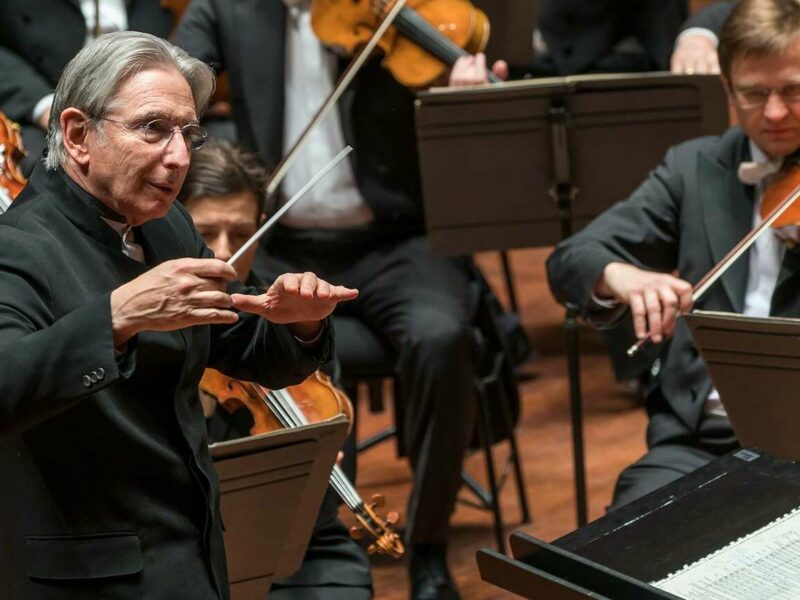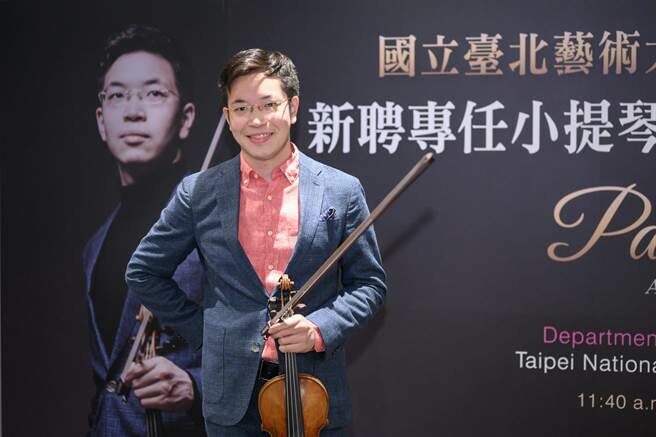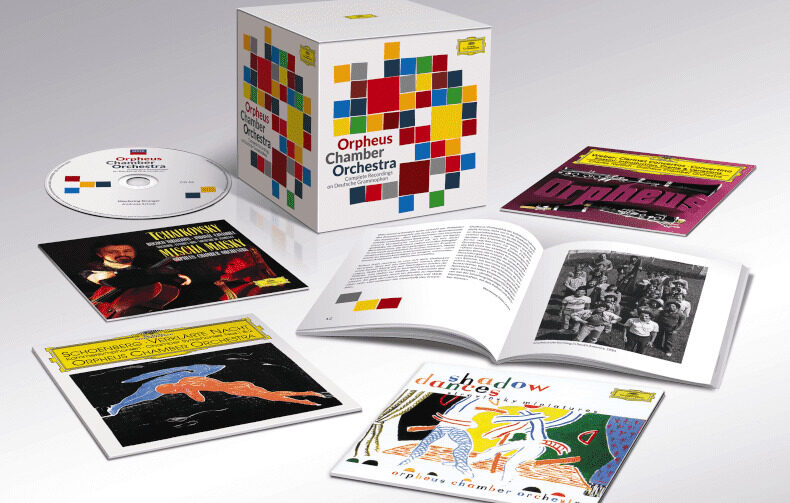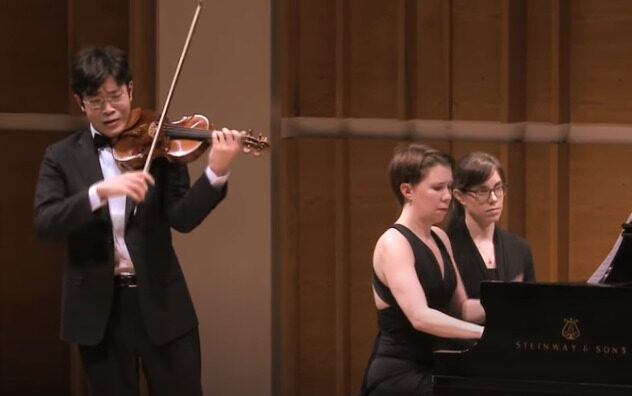VC INTERVIEW | Kelly-Marie Murphy and Avner Dorman on the Azrieli Music Prizes Competition
Kelly-Marie Murphy is the Laureate of the 2018 Azrieli Commission for Jewish Music and Avner Dorman the Laureate of the 2018 Azrieli Prize for Jewish Music
The Violin Channel recently had a conversation with Kelly-Marie Murphy and Avner Dorman, 2018 winners of the Azrieli Music Prizes Competition.
The Canadian composition competition presents three categories, Azrieli Prize for Jewish Music, Azrieli Commission for Jewish Music, and Azrieli Commission for Canadian Music.
The next edition will take place in 2022 and the deadlines for submission are May 2 for the Canadian Music Prize and the Jewish Music Commission, and August 1 for the Jewish Music Prize.
Kelly-Marie, tell us about your experience at the Azrieli Music Prizes Competition.
Extremely supportive! From the moment I was announced as a winner, through the pre-compositional phase, writing, premiere, recording, and touring, the whole foundation was there to support me. It gave me a feeling of doing work that was important, and pride in what we were able to accomplish together.
Avner, what is your most memorable experience?
It’s hard to say because there were so many memorable experiences! One thing that comes to mind is when I first heard Lara St. John playing the solo part of my concerto. Her interpretation was incredible!
We met at the second-floor lobby of the hotel, and she played the whole piece from memory. It was such a natural and exciting interpretation — as if she’s always known this piece. When we got to work with the orchestra, her connection with the piece energized the process, both for the premiere and later during recording sessions. Hearing the piece with an extraordinary orchestra was obviously memorable, too.
Kelly-Marie, how does it feel to have an orchestra perform and record your creation?
It is always a little overwhelming — there are just so many details to keep track of! You have to get through the rehearsal period with a clear sense of obligation to the music you’ve created, yet be flexible enough to hear what the musicians are saying. Whatever the line is between exciting and terrifying, that’s where I live with orchestral music. What amazed me was how each rehearsal and performance of the piece grew.
Avner, how is the mission of the foundation especially important for you?
I think the foundation supports and encourages composers to create new music and challenges us to consider a broader perspective on our own music. For me, and likely for many other Israeli artists, the concept of “Jewish” music or art is tricky to wrap our heads around.
As an identity, being “Jewish” can feel very real but also difficult to pinpoint. What is my relation to Jewish music from Europe in the 17th-century? Or Jewish Yemenite folk songs? Is it more direct than my connection to other traditions? If so, how? So I think having the opportunity to consider these questions and address them in my creative output has greatly benefited me.
Kelly-Marie, you won the Azrieli Commission for Jewish Music in 2018. Can you tell us about your composing process? How did you go about creating this incredible double concerto for harp and cello “En el Escuro, es Todo Uno,” and where did you take your inspiration from?
I like to work with a narrative and write pieces that communicate. Since this commission was answering the question, “What is Jewish music?” the first step was to research and come to a focussed answer.
I chose to write about the lives of women as described in the Ladino folksongs of the Sephardic Jews. Each movement uses a theme from one or more songs and that material gets deconstructed, reharmonized, and observed with a contemporary lens. The point was to always be aware of, and be able to recognize these melodic fragments, modes, and rhythms. The title comes from a Sephardic proverb and means, “In the darkness, all is one.”
The next step was to decide how to use a harp and cello duo as soloists. Balance was always an issue, and being able to consider them as an entity rather than two soloists was my goal.
Avner, you won the 2018 Azrieli Prize for Jewish Music with an orchestrated version of your violin sonata, “Nigunim,” that was initially written for and premiered by Gil and Orli Shaham. Can you tell us about the piece and your orchestration process? How did the idea and inspiration come to you?
I first wrote "Nigunim" for Gil Shaham and Orli Shaham for a project they created with the 92nd Street Y called “Jewish Melodies.” This was an exciting opportunity but one that didn’t actually feel so natural at first. I didn’t quite know what made a melody Jewish and I especially didn’t quite identify with the traditional violin and piano Jewish style (or at least what I thought it was). I ended up completing some research about global Jewish musical traditions.
I found myself influenced by the musical traditions of Jewish communities worldwide and discovered how deeply the concept of a Nigun is ingrained in all of them. (The Nigun is a fundamental musical concept of traditional Jewish music and is supposed to serve as a universal language.)
I first orchestrated the piece in 2014 and was not happy with the result. When I saw the Azrieli Prize announcement, I decided to orchestrate it again. I sent that revised version to the competition. I think that the biggest challenge was to reimagine the piece as a concerto rather than a chamber piece — to rethink the drama in terms of a protagonist vs. a group rather than a dialogue between two equals.
Kelly-Marie, why do you feel competitions such as this are so important for composers?
There are not many avenues available for contemporary composers to become known to a wider audience and come to the attention of conductors and performers. Being successful in competitions is one path. There is never a guarantee that you will win anything you enter, but perhaps, you make the shortlist, or your music is remembered by a juror… If you are lucky enough to win, that is an endorsement of your creative efforts in a vocation that is intensely solitary.
Avner, how did winning the Azrieli Prize influence your own career?
The foundation is incredibly supportive beyond the prize itself. This prize has helped me secure additional performances of the winning piece, helped finance additional performances, and promoted the piece in all ways.
The foundation has programmed the piece with various orchestras and conductors including Yoav Talmi in Montreal and Warsaw, Boris Brott in Montreal, and Steven Mercurio in Prague. All three have brought incredible commitment and musicianship and created wonderful interpretations. This is truly unique.
I believe it gives the winning pieces and commissions a much higher chance of entering the broader repertoire.
Kelly-Marie, for whom would you recommend applying to the 2022 competition?
I think it was the Canadian hockey player, Wayne Gretzky, who said, “you miss 100% of the shots you don’t take.” If you never enter a competition, you can never win! If you enter, at least you have the chance. I would encourage professional composers of all ages to apply to the 2022 competition with an answer to one of the key questions posed by the Azrieli Music Prize! What have you got to lose?
If composers want to apply, how can they do so?
We’d encourage composers to visit the AMP website (www.azrielifoundation.org/amp) and read up on all three Prizes, their submission guidelines, their juries, and especially the evaluation criteria. Be sure to read the "Considerations for a Successful Submission." Not every competition jury offers this kind of advice upfront, so take advantage of it.
When you’re ready to start your application, simply click on the “Start the application process” to submit your proposals and works online.
We are really excited to see which composers and what new works will join AMP in 2022!
KELLY-MARIE MURPHY | EN EL ESCURO, ES TODO UNO | ORCHESTRE CLASSIQUE DE MONTREAL | 2018
april 2024
may 2024


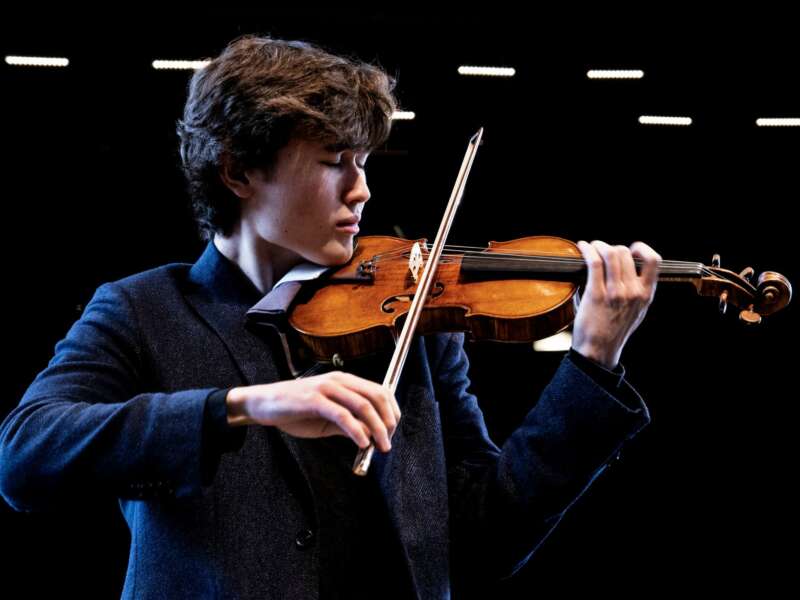



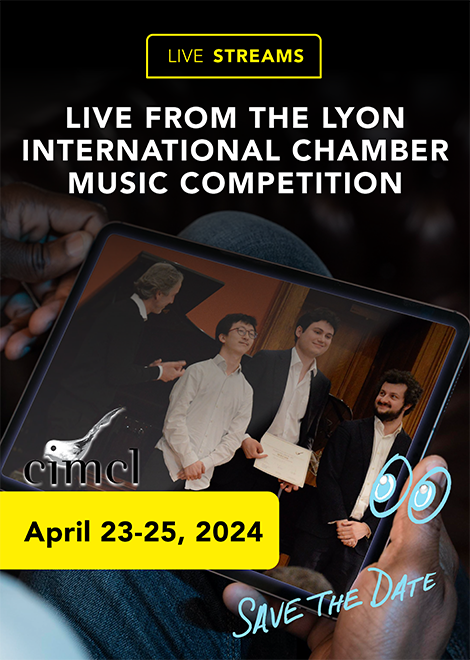
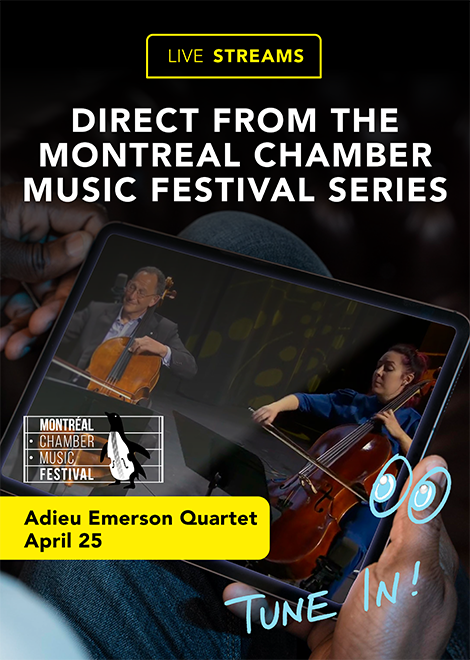
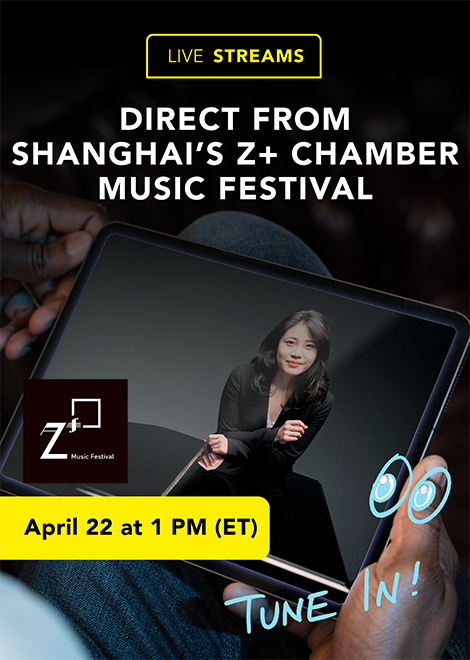
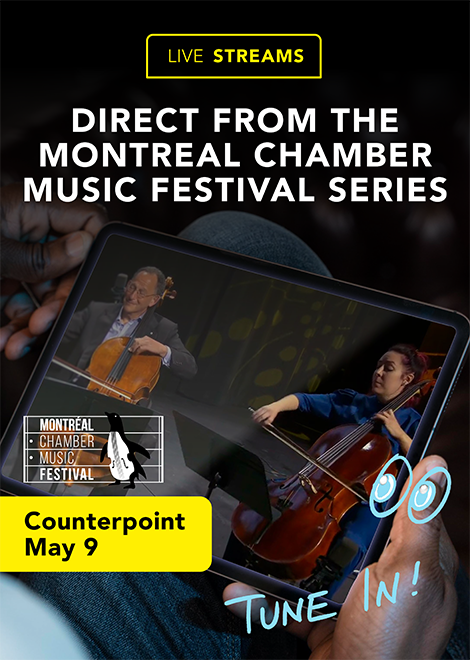















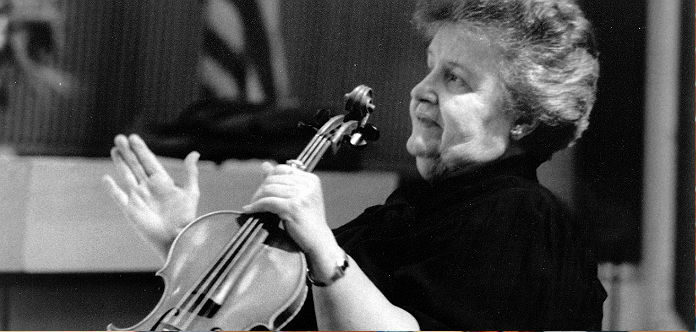
![VC LIVE | Salon de Virtuosi Presents "Holiday Concert" [WATCH] - image attachment](https://theviolinchannel.com/wp-content/uploads/2021/12/Salon-De-Virtuosi-Holiday-Concert-800x600.jpg)
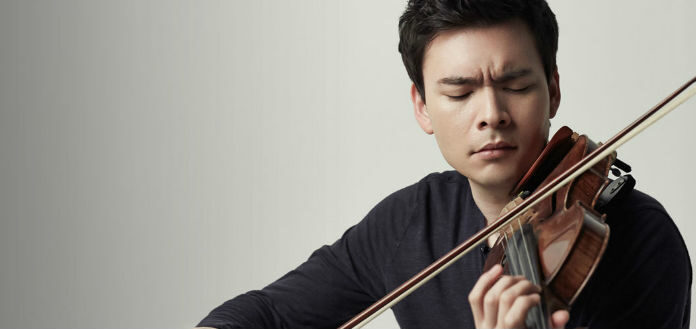
![VC LIVE | Salon de Virtuosi Presents "Czech Serenade" [WATCH NOW] - image attachment](https://theviolinchannel.com/wp-content/uploads/2021/11/248678340_3160574950886439_6192624882767987874_n-800x600.jpeg)
